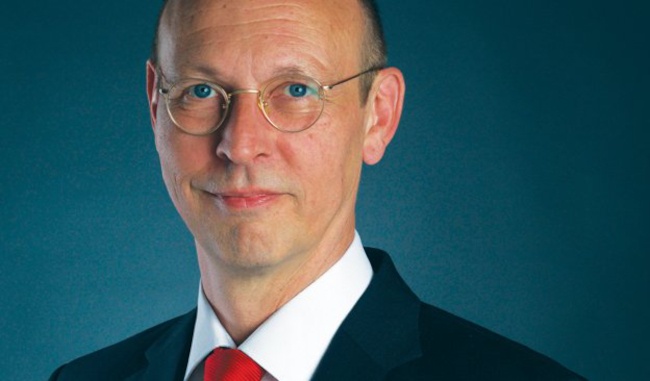German hemp stakeholders say action is needed by lawmakers to shield producers from prosecution after the country’s high court confirmed convictions in two cases involving the trade of CBD flowers.
The decision by the Federal Court of Justice (BGH), reached in June but not published until this month, could lead to a “wave of prosecutions” and put other hemp products at risk, the country’s Cannabis Industry Association (BvCW) warned in a statement.
More convictions ‘imminent’
“Hundreds – possibly even thousands – of more convictions are now imminent and a marketing ban on numerous hemp products on the market is confirmed,” BvCW said.
“There is an urgent need for action by politicians here,” said Jürgen Neumeyer, Managing Director at BvCW, which has called on authorities to remove hemp from Germany’s Narcotics Act (BtMG) since the EU two years ago clarified hemp-derived CBD is not a narcotic and may be freely traded among member states.
German officials still don’t seem to understand the differences between hemp and marijuana, BvCW said.
“CBD flowers are cannabis flowers which, due to the very low THC content, cannot induce an intoxication even when smoking large quantities,” the association noted. “Instead, these contain a higher content of the non-intoxicating active ingredient CBD.”
‘Desperate news’
Other stakeholders say the court’s ruling has thrown the German hemp industry into disarray. “Every day I get the desperate news from our partners and market companions: news about business closures, police raids, insomnia and anxiety,” Philip Ferrer, managing director at Hemp Group Int. GmbH, wrote in a letter to Health Minister Karl Lauterbach and drug commissioner Burkhard Blienert.
The court decision has “pushed thousands of entrepreneurs and retailers from the industrial hemp industry into illegality,” and placed them under threat of prison sentences, Ferrer warned.
Ferrer said the government should immediately adopt recommendations that have been developed by an expert committee of the Federal Institute for Drugs and Medical Devices, noting that group along with all parliamentary groups in the Bundestag have recognized the need for changes in the law.
The European Union Court of Justice (ECJ) ruled in 2020 that CBD cannot be regarded as a narcotic, and that CBD products should enjoy the same free movement of goods between and among member states as other legal products.
Heavy sentence
The BGH ruling held that CBD flowers are narcotics and carry a risk of intoxication, according to Ferdinand Weiss, an attorney who specializes in cannabis law.
In response to the defendant’s appeal in two cases, BGH found that “certain forms of preparation of the CBD flowers, such as heating them up during baking, release additional THC, which can produce a cannabis intoxication when consumed, is sufficiently proven.”
The BGH upheld a district court that sentenced the accused to a total of three years and nine months in prison for “gang trafficking in large quantities of narcotics,” and ordered him to turn over proceeds of €144,000.
No abuse risk
Instead of prosecution, Weiss said authorities should concentrate on setting a limit for THC that would clearly establish the difference between intoxicating and non-intoxicating cannabis.
In analysis released earlier this year, the BvCW pointed out that the risk of intoxication from CBD hemp leaves is “unrealistic, uneconomical and practically impossible.” The association said that principle was underscored in August when a prosecutor in a celebrated case that led to the removal of CBD products from a German grocery chain observed that there is only a “theoretical potential for abuse with regard to hemp products.”
Political sentiment
Stakeholders have said rules for hemp-derived food products and extracts, particularly cannabinoids such as CBD, are urgently needed to give producers security in their business planning and set Germany’s food makers on a par with other markets around the world. Scientifically-based rules addressing allowable amounts of THC for hemp foods are also needed, industry representatives have said.
German political parties generally agree there is a need for clear laws and regulations regarding CBD and other cannabinoids, according to a poll carried out by the BvCW, which queried four parties across the German political spectrum last year. The parties also agree that hemp should not be under the country’s drug laws, and support removing bureaucratic barriers that hurt the industry.

